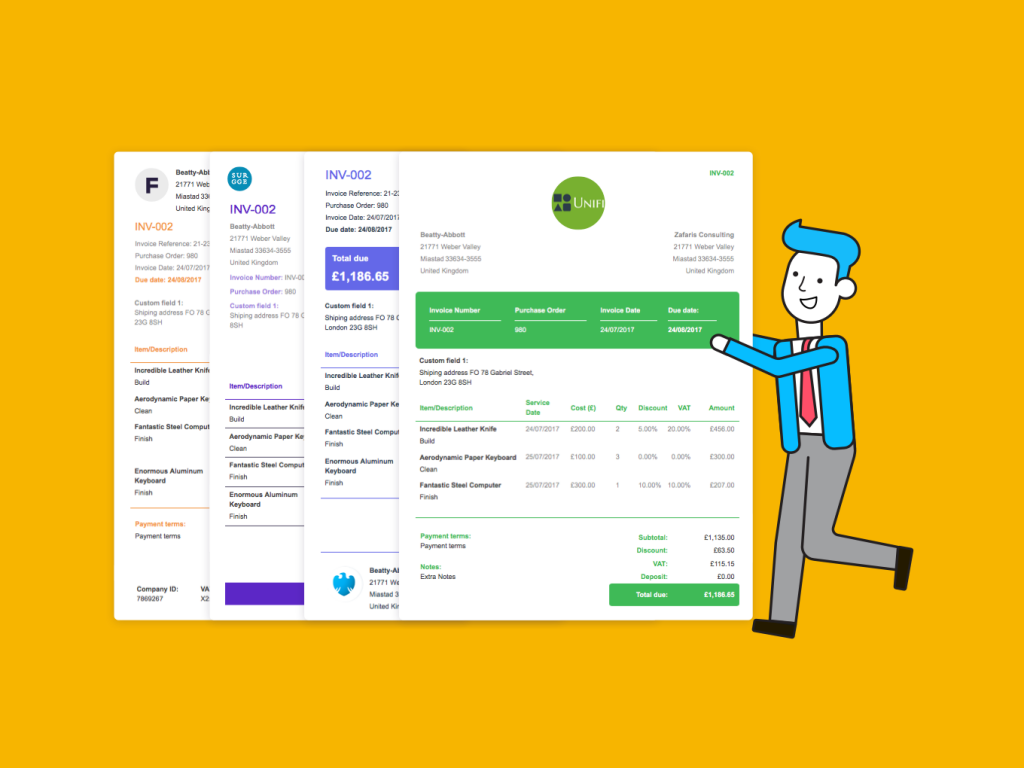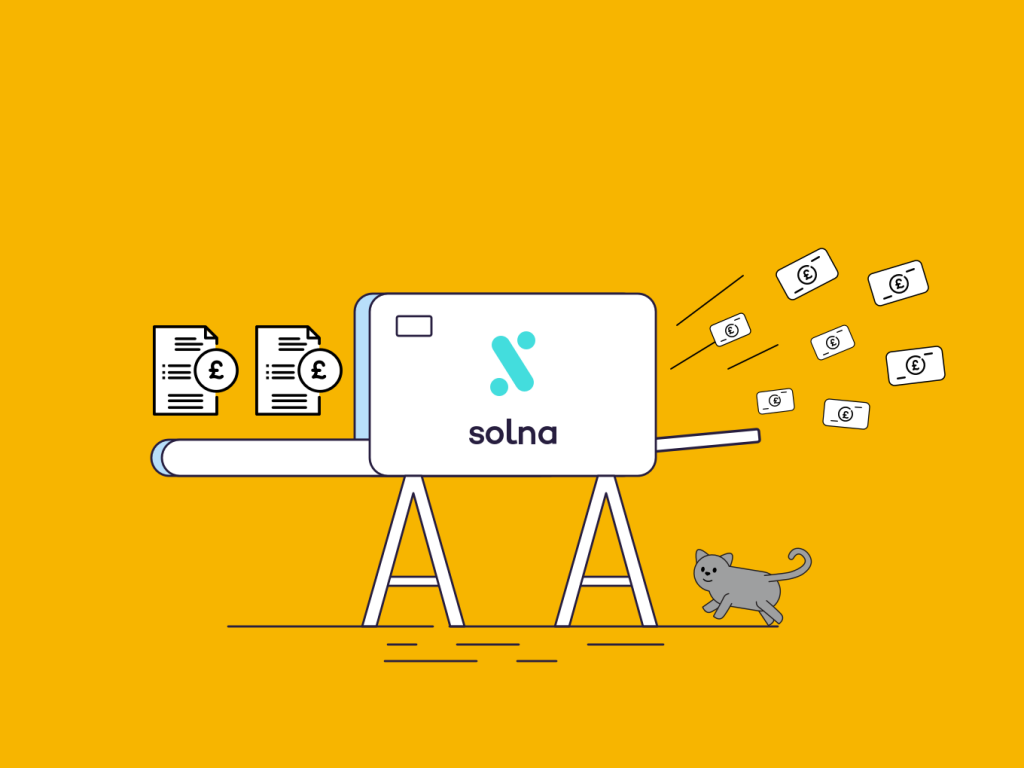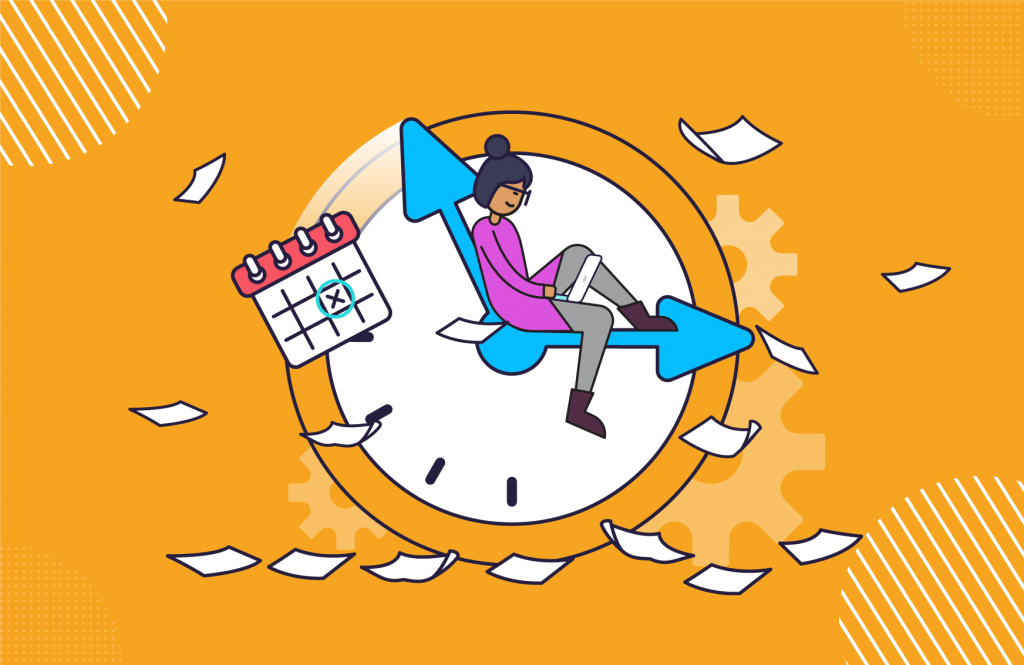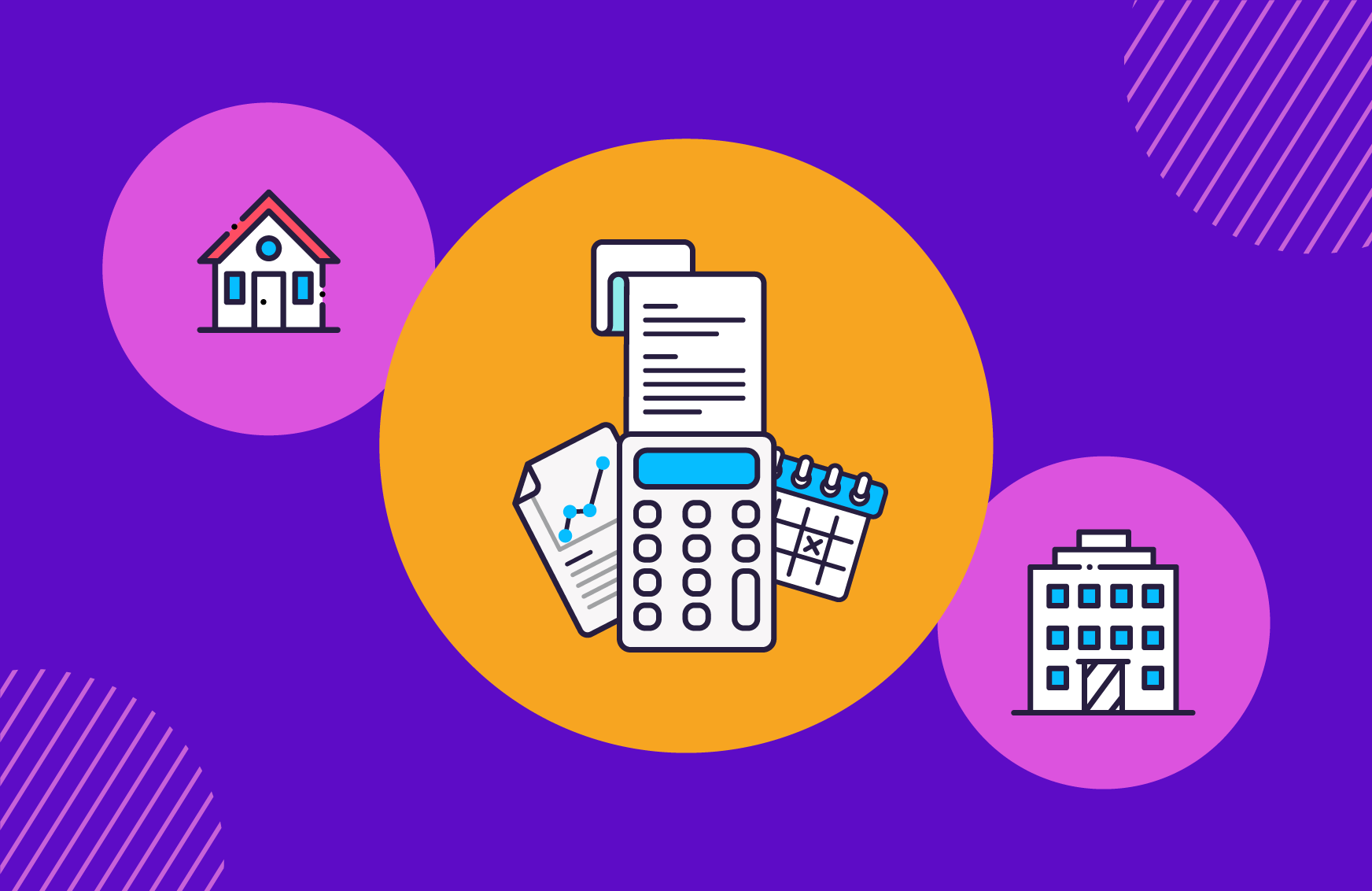4 finance mistakes your freelance business could be making and how to fix them
Freelancing inevitably involves taking some risks. Risking the stability a full-time job can provide, risking your sanity and leisure time while you build a new business, and even risking your rainy day savings if it's a slow start.
If these risks pay off and you create a satisfying, thriving solo enterprise, you did it! Financial risks can have the most serious consequences though, meaning it's even more important to do the maths, have the right accounting tools at your disposal, and plan ahead throughout the tax year.
This is how to fix the most common freelance financial mistakes.

Mistake #1: Submitting your tax return just in time/too late
Your income tax and National Insurance will be calculated annually when you submit a Self Assessment tax return. The deadline for submissions and tax payments is the 31st January each year. Submitting late means a fine from £100, and submitting just before the deadline can involve a bit of a rush and panic, particularly if your tax calculation is more than you expected.
How to fix it: Submit as soon as you can
You can submit your tax return for 2021/2022 from April 2022 - as soon as the tax year ends, basically. The sooner you do it, the more time you have to top up your savings, and there'll be no scrambling around trying to find documents to submit in time.
Mistake #2: Using spreadsheets for everything
Spreadsheets are very 10 years ago. Small business accounting tools are affordable, practical, and often automate most of the really dull, time-consuming accounting jobs freelancers have to deal with. Formatting your own spreadsheets is not only a waste of your time, you'll still have to manually copy it all over to your Self Assessment when it's time to file.
How to fix it: Use the best cloud accounting tool for your freelance business
It's the easiest way to manage your freelance accounting. Track everything in one place, submit your Self Assessment automatically, and

Mistake #3: Not following up on invoice due dates
Late invoice payments are a consistent problem for freelancers. They're an even bigger problem if you don't keep track of when they become late and what that can mean for your business - loads of unnecessary admin and not getting paid for your hard work.
How to fix it: FREE automated invoicing from Solna
Solna invoicing can help you get paid faster. For FREE. Solna includes automatic reminders to give late payers a nudge, a clever dashboard that keeps track of everything coming in, and an easy pay-in-the-invoice button, making it easier for your clients to pay you fast.

Mistake #4: Undercharging for your time
Freelancers are paid for their time and experience. The more experienced you are and the more time you spend on a project, the more you should be paid. You might not think you're undercharging, but small decisions that seem minor at the time can add up and mean you're giving away your time and skills for very little.
How to fix it: Track your time accurately
If you're not already tracking your time, you should be. It's surprising how long a task can take and it will help you charge appropriately and fairly for the work you put in. Keep an eye on the favours you do for clients too and any extra responsibilities and jobs that creep in. It's tough saying no, but it pays in the end.

FREE effortless invoicing from Solna
Sign up now for automated reminders, beautifully branded invoice templates, payments powered by Stripe, and a super slick due date dashboard. Oh, and it's all free forever too.








